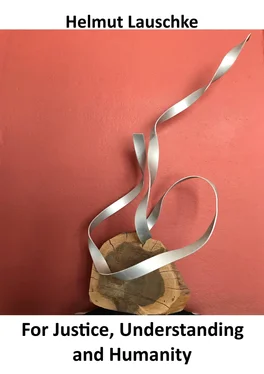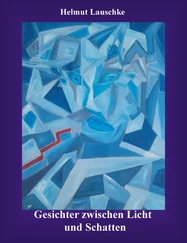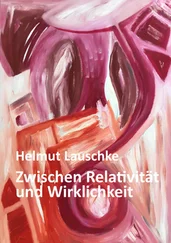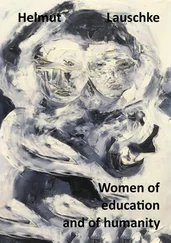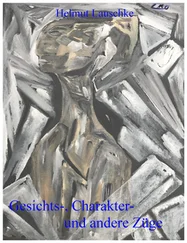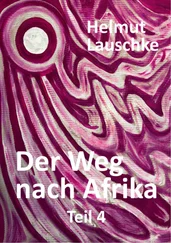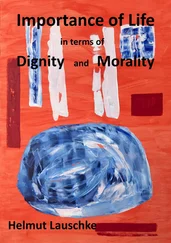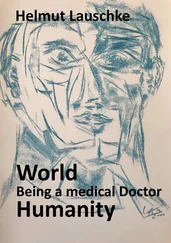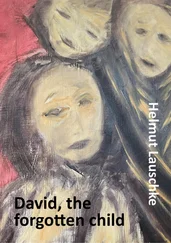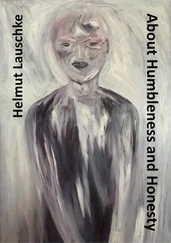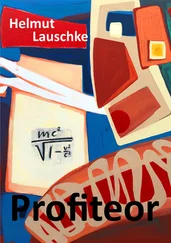There were no dogs straying around and no cats jumping in the roadside ditches. On my walk to the hospital I looked at the small shelters packed and surrounded with layers of sandbags on the sides of the houses, but no dog lay in front of the shelter entrances and no cat lay on top of the sandbag hills. I showed my permit to the guard at the checkpoint who responded with a long yawn. The gatekeeper put the whole egg into his mouth and rubbed the shells into the sand. His mouth was full that he was unable to say a word of greeting when I passed the hospital gate and did greet him. There were two new patients in the intensive care unit who were operated in the night by Dr Tabani, the one because of an intestinal obstruction and the other because of a spleen rupture after a traffic accident. Since the beds in the unit were occupied, Tabani had transferred two patients to the general wards, the man with the missing arm and missing leg to the orthopaedic male ward and the man after reconstructive surgery of the face to the surgical ward. The man after laparotomy with removal of the spleen and bowel resection was in stable condition. I removed the drains and completed the records and wished the nurses a good day and left the ward.
The girl in the children’s ward after the right arm amputation who gave me the dramatic missile dream at night, lay on the back and slept. The swollen eyelids and the salt crusts of her dried-up tears had taken away her innocence. The child’s face had become features of an adult and of sadness. The pain about the loss of freedom and a hopeful future had weighted heavily her life. Temperature and pulse had risen in correspondence with the increased adrenalin distribution what was triggered by the pain responding hypothalamic centre. I pulled the sheet from the right shoulder and saw the dark blood spot on the bandage. The girl’s heart beats knocked strongly against the chest under the grey hospital shirt that I understood these beats as her resistance to a life, she didn’t want. I stroke her hair and put the sheet back over her right shoulder and completed the record.
The nurse with the heart for children changed the finger dressings on the right hand of the much younger girl after separation of the long fingers from the common skin bridges on the dorsal and the volar side due to the syndactyly. The skin grafts showed a good tendency to heal in and doctor and nurse put on the new dressings and a hand bandage. After all the children had been seen and the records were updated, I asked the nurse, if the children received the milk on a daily basis. The nurse looked astonished at me. When I asked about the condition of the toilets, the nurse smiled and asked, if I still believed in a miracle. I understood and said that I will bring up these points in the morning meeting, and left the children’s ward for a short round through the other wards.
I met on the way to the morning meeting the new black colleague who was a specialist surgeon and on the way to the superintendent’s office as well. The colleague said that he liked to have a conversation with me. I knew of the wish and waited for its realization. We entered the office and the black specialist took a seat on an upholstered chair next to the black paediatrician on the window side under the rattling air conditioners. I took my seat on a hard chair on the opposite side next to Dr Ruth, the hard-working black colleague in charge of the gynaecology department. The matrons arrived late and brought their chairs from the secretary’s office. The superintendent opened the meeting with ‘good morning!’ and introduced the new colleague to the attendees of the meeting. Dr Nestor said that the new colleague is the principal of the Lutheran mission hospital in Onandjokwe and will come twice per week to the Oshakati hospital to do the major surgical operations and should be in charge of the surgical wards.
The Superintendent expressed his hope that the presence of this new colleague would be a relief for the doctors of the surgical department. In this connection, he praised my restless commitment who had operated sore his fingers. The superintendent looked at my right hand with the dressed third and fourth finger and said he could not see Oshakati hospital without my great achievements. The new colleague who was the first black Namibian specialist surgeon did not say a word about his background and postgraduate training he had done in South Africa. The paediatrician whispered something into the colleague’s ear who did not show any reaction on his face. The superintendent asked the new colleague and me for a conversation after the meeting, and for comments from the forum.
The lean matron came up with the hospital clothes for the patients, the bed linen, washing bowls and spittoons what Dr David had complained about in one of the previous meetings. The matron confirmed that the shelves in the clothes’ storeroom were empty and the kept washing bowls and spittoons were defective and useless. These items had to be ordered, she said and the superintendent made a note and promised to work on this problem. Dr David thanked the matron for the immediate reaction. The pharmacist lady announced that the cardboards with the ordered drugs against malaria and TB and some other drugs had arrived. I brought the point of the nurse in the children’s ward that milk were only periodically provided for the children and then in little quantities. This had to be seen as a matter of urgency, since children need the protein to recover from their illnesses and to improve and accelerate the postoperative healing process.
Dr David emphasized the importance of milk as the basic nutritional element in treating the patients. He said that he cannot accept a hospital without the regular milk distribution to the patients and especially to those children who are malnourished as so often seen in this part of the world. The paediatrician did not say a word as he were not concerned about the poor nutritional status of the children. He looked at the yellowed asbestos mats in the ceiling as where there the answer for the protein enrichment of the nutrition.
The superintendent had the face of surprise as he was not aware of this serious problem. He made a note and framed it several times and instructed the matrons to look into this matter of urgency to make sure that the children and the TB-patients get the milk on a daily basis and in sufficient quantities. I mentioned the tiresome topic of the toilets and reiterated the question of the children’s nurse, if I still believe in a miracle. “I am inclined to believe in a miracle, especially in respect of the toilet conditions in the hospital”, I said. It caused a smile on some faces, while the matrons looked with faces of concern. The superintendent was aware of the unhygienic situation. He said that he had spoken to the ‘Sekretaris’ who promised to put things right, but was still waiting for the people of the works department to do the maintenance and repair. I imagined the ‘Sekretaris’ as he had turned up his nose because of the stench that he actually couldn’t smell through the phone. The superintendent made and framed a second note and reminded the forum that no patient could be sent to Windhoek the following two weeks for specialist treatment, since the specialists were on leave in South Africa. It was his final remark and Dr Nestor closed the meeting and asked the new colleague and me to stay.
Конец ознакомительного фрагмента.
Текст предоставлен ООО «ЛитРес».
Прочитайте эту книгу целиком, купив полную легальную версию на ЛитРес.
Читать дальше
